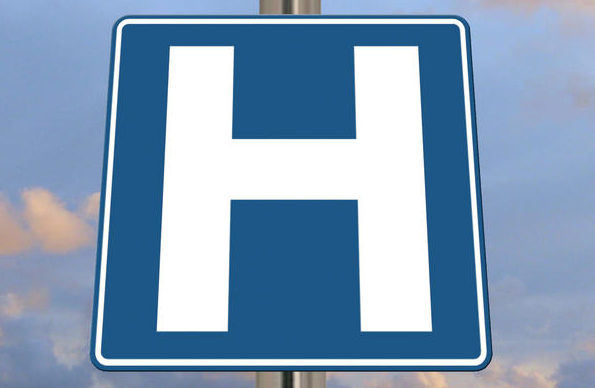Medical device and MedTech insights, news, tips and more
Doctors Stand to Lose Incentive Payments Due to Unrealistic Quality Standards
August 24, 2016

The doctors staffing New York City’s public hospitals stand to lose out on tens of thousands of dollars in incentive payments because of new standards they say are too high.
 As part of the doctors’ most recent contract with NYC Health & Hospitals, agreed to last summer, 5% of physicians’ payments from the municipal hospital system are tied to quality.
As part of the doctors’ most recent contract with NYC Health & Hospitals, agreed to last summer, 5% of physicians’ payments from the municipal hospital system are tied to quality.
H+H has physician services agreements through 2020 with the Icahn School of Medicine at Mount Sinai, NYU School of Medicine and Physician Affiliate Group of New York to staff many of its hospitals and clinics.
More U.S. health systems are receiving payments tied to quality of care rather than the volume of services provided. H+H is no different. The system received about one-quarter of managed-care patient revenue, or $1.1 billion, from value-based payment arrangements, according to the de Blasio administration’s April transformation plan for the system.
As the health system takes on risk-based contracts, it is shifting some of that risk to doctors. But executives representing the doctors take issue with some of the specific targets put forward by H+H on such measures as patient satisfaction and the length of time between treatment in an emergency department and admission to the hospital.
“I don’t think anything about it is unfair in terms of the concept,” said Dr. Andrew Brotman, who leads NYU Langone’s faculty group practice and oversees its relationship with NYC Health & Hospitals. “It’s the specific implementation.”
Dr. Brotman cited as an example the way H+H has sought to reach regional or national averages on patient satisfaction scores, regardless of whether a given facility’s baseline is far below those levels. He said such unrealistic goals could cost NYU doctors about $8 million if none of the benchmarks are met. That could translate into up to $20,000 in unearned incentives to individual physicians. He said some measures are attainable and others could be reached in future years.
The two sides typically reconcile performance during the prior fiscal year, which ended June 30, in the fall, and physicians receive distributions near the end of the year.
The city hospital system did not seek adequate physician input on quality goals, said a person with knowledge of the discussions who declined to be identified because of the ongoing negotiations.
“When you identify a benchmark, it has to be achievable. You can’t aim for something that no one can achieve objectively,” the individual said.
The squabble over performance indicators has led to a deterioration in the relationship between Dr. Ross Wilson, the system’s newly appointed chief transformation officer, and the affiliated doctors, said multiple sources who requested anonymity.
“We have set high, yet realistic performance improvement goals as part of our physician affiliate contracts and will continue to discuss these new expectations with our the affiliate organization partners,” an H+H spokeswoman said in a statement.
NYC Health & Hospitals is aiming to attract new patients, especially ones that are insured, to steady the system’s finances.
The system is projected to face a $1.8 billion deficit by fiscal 2020.
Author: Crain’s New York Business
